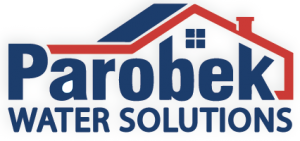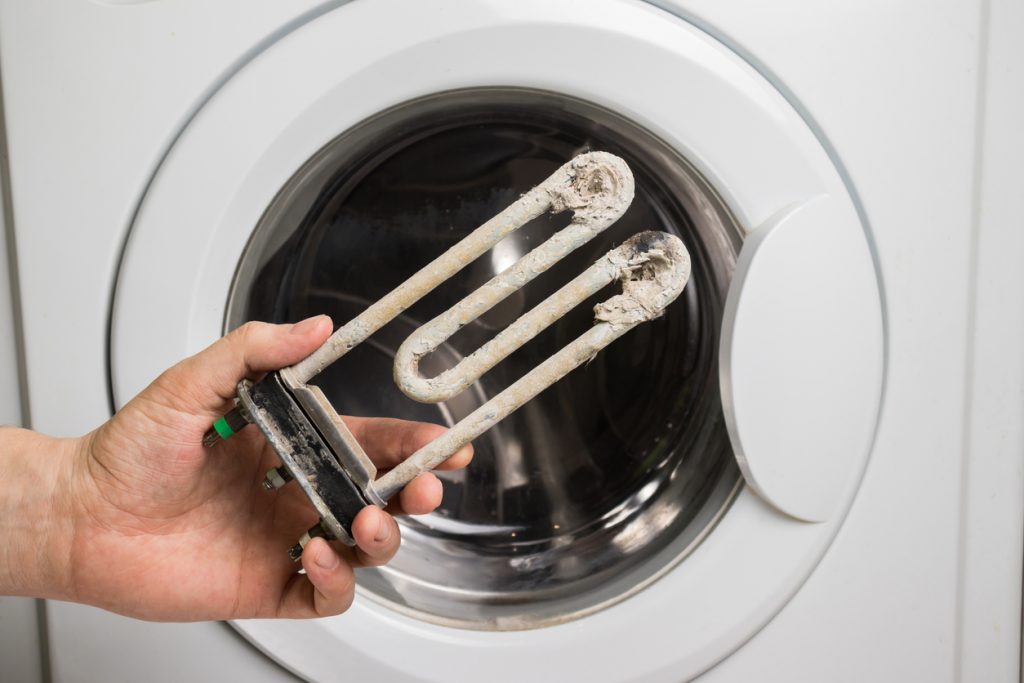Hard water is described as water that has too many minerals, especially calcium and magnesium. Water is considered moderately hard if it has 61 to 120 milligrams of minerals per liter of water, hard if it has 121 to 180 mg/L, and very hard if it has over 180 mg/L. The great majority of places in the United States, about 85%, have hard water, and this includes the area around Austin, Texas. Calcium and magnesium are actually not only good but necessary for good health, but hard water has too much of a good thing when it comes to your water-dependent appliances. Over time, hard water, especially hot hard water, deposits something called limescale inside pipes and other elements located inside of your appliances.
What Happens When Limescale Builds Up?
Limescale that builds up in pipes and on components such as valves or heating elements is much like cholesterol that builds up in arteries. Eventually, the flow of water is reduced, sometimes to the point where water hardly flows at all. Damaging leaks can also occur, which can reduce the working life of the appliance by as much as 50%. That means that if you expect your dishwasher to last for 10 years, it will only last for five if its elements have lots of limescale. Even if the appliance doesn’t quit altogether, it may mean that you either have to get it constantly repaired or replace the part that’s been damaged. Of course, having to replace an appliance such as a refrigerator because of limescale in the tubing that connects to the ice maker is expensive. Other appliances that can be damaged from hard water include:
- Your dishwasher
- Your washing machine
- Your coffee maker
- Your water heater
Limescale not only damages these appliances but also leaves clothes that come out of the washing machine dingy. It can leave behind spots and cloudiness on glasses you put in the dishwasher, too.
What Can Be Done About Hard Water?
One way to combat hard water is for our plumbers at Parobek Water Solutions to install a water softener. A water softener removes the minerals from the fresh water that comes into your home and greatly reduces the risk of damage from limescale. The fresh water is washed through a bath of briny water and resin beads, and the calcium and magnesium ions are replaced with sodium ions. A water softener can treat all the water that comes into your house or can be installed at the point of use.
Call Parobek for Water Treatment Service
With the Colorado River and so many places of natural beauty nearby, Austin is a great place to live and raise a family. If your appliances are ailing because of hard water, don’t hesitate to call our plumbers at Parobek Water Solutions today.

